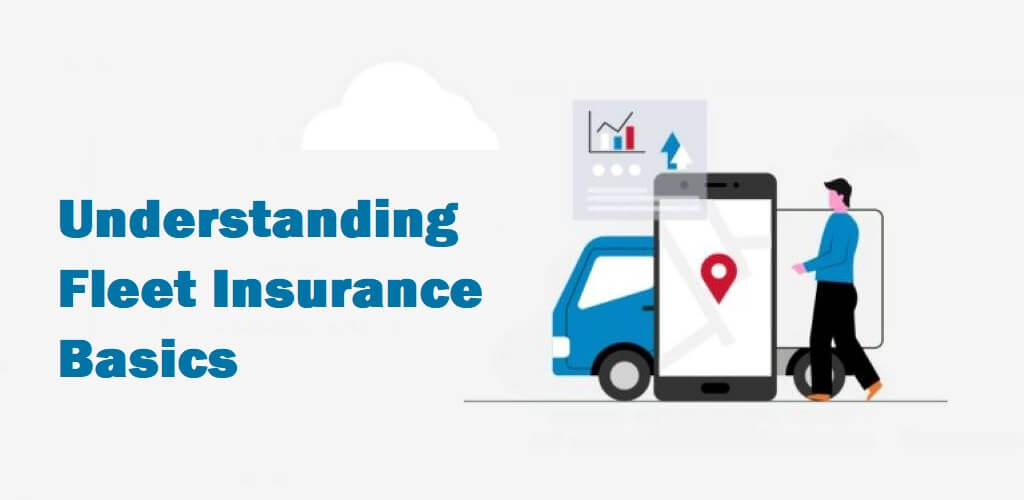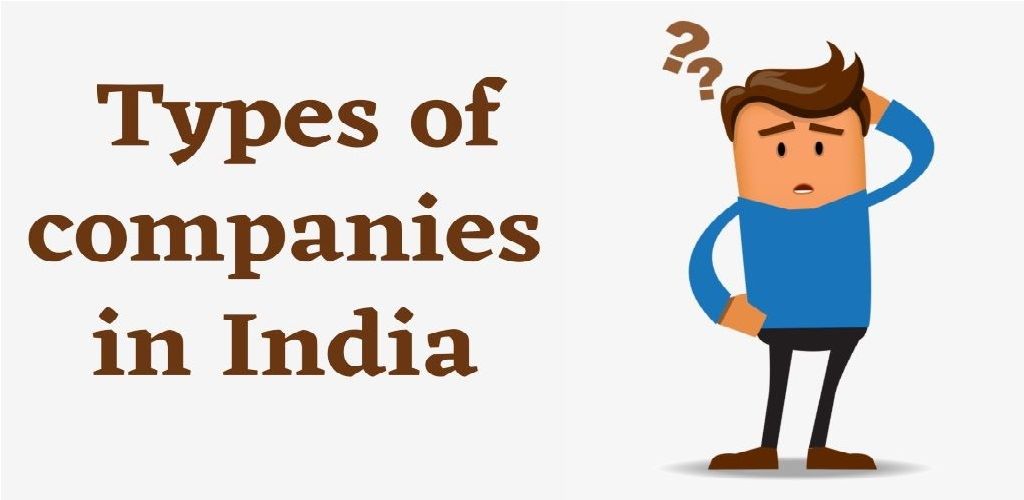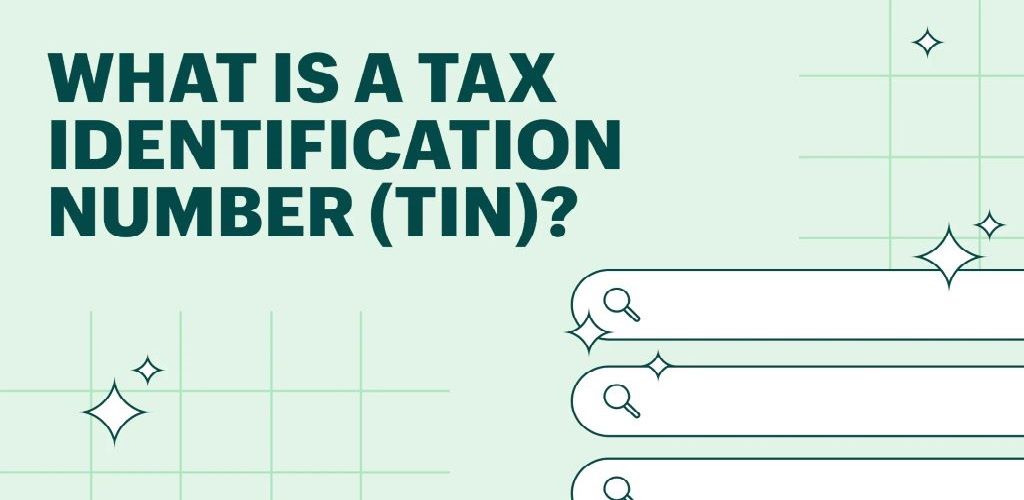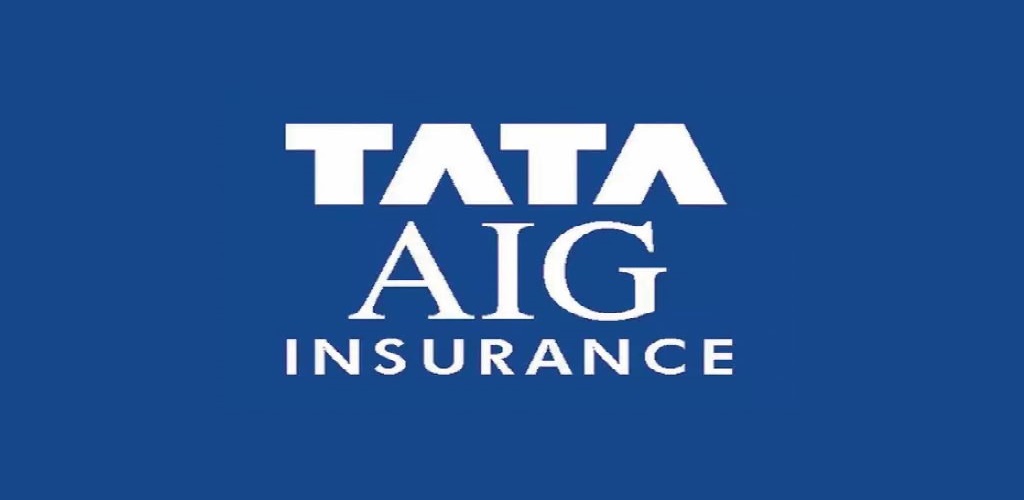Managing multiple policies for each vehicle in your fleet can be back-breaking. It means more paperwork, higher complexities, and a higher chance of making mistakes. Moreover, dealing with different insurers and renewal dates takes up a lot of time. That’s why it’s better to have fleet insurance for simplicity.
Fleet insurance is a game-changer for businesses with multiple vehicles, offering a more efficient approach to coverage. It simplifies things by combining all your vehicles into one plan, saving time and money. It covers cars, vans, trucks, and more, with customizable options to fit your business needs, like protecting drivers and cargo.
Let’s explore fleet insurance more in this post!
3 Major Types Of Fleet Insurance
When it comes to fleet insurance, you’ve got to know your coverage options. Just like regular car insurance, fleet policies usually come in three types:
- Comprehensive Coverage: This one’s the whole package. It covers damages to your vehicles, and any injuries, no matter whose fault it is. It’s like a safety net for all kinds of situations.
- Third-Party Fire & Theft Coverage: Think of this as protection against unexpected fires or sneaky thieves. It covers your vehicles in case of fire or theft and also takes care of damages to other people’s vehicles. It’s a solid defense against some common risks.
- Third-Party Only Coverage: This one’s all about protecting others on the road. It pays for damages to other people’s vehicles or property, as well as injuries they suffer. It’s a smart move to ensure you’re covered if you’re at fault in an accident.
Why Should You Choose Fleet Insurance?
Fleet insurance offers many benefits for businesses that depend on vehicles. Check out some of them:
Cost Savings:
Instead of handling many separate policies, fleet insurance bundles everything into a single plan, cutting down on paperwork and costs. It streamlines coverage and helps insurers to keep premiums low.
Additionally, fleet insurance insurers often offer better deals because they cover more vehicles. Since risk is spread across the whole fleet, insurers see these policies as less risky, setting affordable premiums.
Moreover, businesses with fleet insurance can negotiate better deals with insurers. The larger the fleet, the more leverage they have to secure favorable terms and rates, saving even more money.
Flexibility & Convenience:
Fleet insurance simplifies the complex process of managing drivers and vehicles for businesses. Unlike personal insurance, which demands listing specific drivers, fleet insurance covers any authorized driver.
This is highly beneficial for companies with diverse vehicle types and multiple drivers. They can have control over driver access, allowing permissions based on qualifications and operational needs.
Moreover, fleet insurance allows coverage customization, empowering companies to tailor coverage for specific vehicles and define usage policies as required.
Inclusivity:
Inclusivity is a key advantage of fleet insurance, especially for drivers facing challenges in obtaining individual coverage. Factors like age or background can make it difficult for some drivers to get insured, or they may face steep premiums.
Fleet insurance addresses this issue by offering coverage to all drivers within the fleet, regardless of their circumstances. This means that drivers who might otherwise struggle to obtain insurance can be covered under the fleet policy, ensuring everyone has the protection they need.
By providing inclusive coverage across the board, the insurance offers peace of mind to both businesses and drivers, knowing that everyone is adequately protected on the road.
Helps In Risk Management:
The insurance also simplifies managing risk for businesses with multiple vehicles. Firstly, by covering all vehicles under one policy, fleet insurance spreads the risk of accidents or theft across the entire fleet. This helps soften the financial blow of any individual incidents.
Secondly, if something goes wrong, fleet insurance streamlines the claims process. Businesses only need to deal with one insurer, making it easier to get things sorted quickly and efficiently.
Thirdly, it can be tailored to fit a business’s unique needs, whether that means coverage for theft, accidents, vandalism, or liability. This ensures reduced risks and increased protection.
Lastly, having fleet insurance means meeting the legal requirements for vehicle insurance. This helps businesses avoid penalties or legal trouble for driving uninsured vehicles.
Improves Driver Safety:
Fleet insurance helps keep drivers safe in many ways. With telematics devices, it can track things like speed and braking. This helps managers spot risky driving habits and give drivers advice to stay safe on the road. Some insurance companies even reward drivers for being safe, like having a clean driving record or finishing safety courses. These rewards encourage drivers to make safety a priority.
Also, fleet insurance often includes programs for managing risks. These programs offer training and courses on driving safely, helping drivers improve their skills and understand the importance of safety. By taking part in these programs, drivers can become more aware and reduce the chances of accidents happening.
How Does Fleet Insurance Differ From Motor Insurance?
Let’s check out some of the basic differences between fleet insurance and motor insurance!
| Aspects | Motor Insurance | Fleet Insurance |
| Coverage | Typically covers individual vehicles | Covers multiple vehicles under one policy |
| Flexibility | Limited flexibility in terms and conditions | More flexibility in terms and conditions |
| Costs | Based on individual vehicles and risk factors | Based on fleet size, usage, and risk factors |
| Claim Process | Separate claim process for each vehicle | Streamlined claim process for the entire fleet |
| Policyholder | Typically held by individual | Held by businesses or organizations having multiple vehicles |
Real-Life Example Of ‘Working Of Fleet Insurance’
Imagine a delivery company X with a fleet of vehicles that are vital for their business. They use trucks, trailers, and vans. One day, one of their vans gets into a collision, causing significant damage and minor injuries. Without any fleet insurance, the company would face hefty repair costs, legal liabilities, and disruptions to its operations.
Luckily, they have fleet insurance. They quickly report the accident to their insurance company and file a claim. The insurance inspector assesses the damage and injuries. After evaluation, the company covers the repair costs of the other vehicle, repair costs of the X’s van, and medical expenses for the injured parties.
With fleet insurance, the company quickly gets its van back on the road, minimizing downtime and focusing on its deliveries. This example shows how fleet insurance helps businesses handle unexpected events and keep operations running smoothly.
What’s Covered Under Fleet Insurance?
Fleet insurance provides comprehensive protection for businesses against the various risks associated with operating multiple vehicles. Here’s what is commonly covered:
- Vehicle Damage: Repair costs for accidents, collisions, or other incidents are covered.
- Theft: Replacement or recovery costs are provided if any vehicle in the fleet is stolen.
- Third-Party Liability: Coverage includes damages or injuries caused to third parties in accidents.
- Property Damage: Compensation for damage to third parties caused by fleet vehicles is included.
- Personal Injury: Medical expenses and compensation for injuries sustained in accidents are covered.
- Legal Expenses: Coverage for legal expenses associated with defending against liability claims or lawsuits is often included.
What Are The Factors Affecting The Cost Of Fleet Insurance?
When it comes to fleet insurance, several factors come into play in determining the cost. Understanding these factors can help businesses make informed decisions and manage their fleet insurance costs effectively. Let’s break them down:
- Vehicle Type: The type of vehicles in the fleet can impact insurance costs. Generally, cars are cheaper to insure compared to SUVs or vans, while trucks may have higher premiums due to their weight and potential for causing more damage in accidents.
- Vehicle’s Age: The age of the vehicle is another consideration. Newer vehicles may require more expensive repairs, which can affect the insurance prices. Older vehicles, on the other hand, may have a higher risk of mechanical issues, increasing the likelihood of claims.
- Vehicle Prices: More expensive vehicles typically have higher insurance costs since their repairs or replacements would be more costly.
- Vehicle Condition: Well-maintained vehicles are considered safer and pose less risk, resulting in lower insurance premiums. Regular maintenance and proper record-keeping can demonstrate a commitment to vehicle safety and potentially reduce insurance costs.
- Miles Driven: If more miles are driven, it means higher exposure to potential accidents, increasing the risk for insurers and leading to higher premiums.
- Insurance Options: The level of coverage and additional insurance options chosen will affect the cost of fleet insurance. Opting for comprehensive coverage, including collision and liability coverage, will generally result in higher premiums.
- Intended Use: How the vehicles are utilized can impact insurance premiums. For example, using the fleet for housework or delivery may be less risky compared to providing taxi services. This is because taxi services involve higher lineage and passenger transportation, leading to higher risks and premiums.
How To Choose The Best Fleet Insurance?
Choosing the best fleet insurance requires careful consideration of various key factors. Some of them are discussed below:
- Assess Your Insurance Needs: Start by assessing your specific insurance needs. Consider factors like the value of your vehicles, types of vehicles, the number of drivers, and others. This will help you determine the coverage and policy features that you need the most.
- Research & Compare: Always research the reputation, customer review, financial stability, and other factors before selecting any insurer. You can also consider comparing quotes from multiple insurance providers and compare their coverage options. All such things will ensure that your policy covers all necessary risks and liabilities.
- Read The Fine Print: Carefully review the terms and conditions of your policy, including its inclusions and exclusions. It’s important to avoid any surprises while making claims, paying premiums, or figuring out what’s covered and what’s not.
- Consider Additional Benefits: Some insurance providers offer additional services that can benefit your fleet, such as risk management programs, driver training resources, or telematics solutions. Evaluate these value-added services and determine if they align with your fleet’s goals and requirements.
- Seek Professional Advice: If necessary, consult with an insurance broker or agent who specializes in fleet insurance. They can provide expert advice, help you navigate the complexities of insurance policies, and assist in finding the best coverage for your fleet based on your specific needs and budget.
Frequently Asked Questions
Fleet insurance can cover a wide range of vehicles, including cars, vans, trucks, buses, and other commercial vehicles. The specific types of vehicles eligible for coverage may vary depending on the insurance provider and policy terms.
Yes, fleet insurance typically allows for the coverage of vehicles with different makes and models. However, it’s important to check with the insurance provider to ensure that all vehicles meet their eligibility criteria.
Yes, fleet insurance policies usually have provisions to add new vehicles to the coverage during the policy term. However, it’s important to inform the insurance provider promptly to ensure that the new vehicles are adequately protected.
Some insurance providers offer discounts based on various factors such as the size of the fleet, safety measures implemented, or a history of low claims. It’s recommended to discuss potential discounts with the insurance provider.
In the event of an accident, you should follow the standard protocol of reporting the incident to the insurance provider as soon as possible. The insurance company will guide you through the claims process and assist with the necessary documentation and repairs.
Fleet insurance primarily covers vehicles used for business purposes. However, depending on the policy terms, there may be provisions for limited coverage when vehicles are used for personal purposes by employees. It’s important to clarify this aspect with the insurance provider to ensure proper coverage.
Personal vehicles used for business purposes may require additional coverage, such as non-owned auto liability coverage. Consult with your insurance provider to determine the appropriate coverage.
It’s recommended to review your fleet insurance policy annually or whenever significant changes occur in your fleet, such as adding or removing vehicles, drivers, or changes in business operations.








